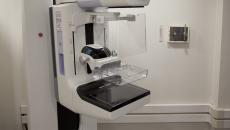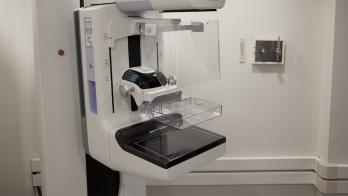More health IT bills introduced
The bipartisan push for health information technology legislation gathered steam June 30 with the introduction of a bill sponsored by several members of the Senate Health, Education, Labor and Pensions Committee (HELP).
The Better Healthcare Through Information Technology Act was introduced by Sen. Mike Enzi (R-Wyo.), chairman of the HELP committee, Sen. Edward Kennedy (D-Mass.,), the committee's ranking Democrat, Sen. Chuck Grassley (R-Iowa) and Sen. Max Baucus (D-Mont.).
The health IT bill is one among others that the committee will consider. Enzi told a Senate Commerce subcommittee Thursday that at least 18 health IT bills are pending. "It is one of the most exciting things happening in America," he said of health IT.
Like the Frist-Clinton bill introduced earlier in June, the Better Healthcare Through Information Technology Act would encourage adoption of interoperability standards and give legislative backing to the federal health IT coordinator's office in the Department of Health and Human Services. Both bills would aid development of regional health information exchanges.
The latest bill would give grants to needy doctors for acquiring health IT systems. It would also make loans available to such doctors and create a technical assistance center in HHS to help them select and build systems.
A companion bill introduced by the same four senators would require the Centers for Medicare and Medicaid Services to change the way it pays doctors to reward them for providing preventive care and keeping patients healthy. Doctors earn more in Medicare reimbursements if their patients remain sicker and continue to require treatment. Likewise, the Medicare payment system provides more incentives for hospitals to keep patients than to cure them and release them.
The Senate Finance Committee is reviewing the second bill, the Medicare Value Purchasing Act. Grassley is chairman of that committee, and Baucus is the ranking minority member.
The senators said the two bills are closely related because measuring the quality of care for a large number of patients is not feasible without IT systems that track treatments and outcomes. Also, health care IT can also improve the quality of care.
They said health IT can reduce medication errors, failure to use best practices in treating patients and overloads of medical information, among other factors contributing to less than perfect health care.
"Nowadays, you can get in and out of the hospital after surgery faster than your medical records can get from one hospital to another," Enzi said.
Senate Majority Leader Bill Frist (R-Tenn.) and Sen. Hillary Rodham Clinton (D-N.Y.) issued a statement saying that "the legislation being introduced today mirrors many key aspects of our bill, the Health TEQ Act, providing another encouraging sign that we can pass a comprehensive health IT and quality bill this Congress."
























